みなさん、こんにちは
FEネイティブ講師Simon先生がお届けする英語ブログで学ぶ使える英語表現をシリーズでお届けしています。
※Simon先生のシリーズ前回の記事「Simon先生の英語ブログで学ぶ使える英語表現ーThe Terrible Twos 「イヤイヤ期」」を見逃した方はこちらからどうぞ!
さて、今回のブログは、Legoland 「レゴランド」です。
Hello, this is Simon.
It was my daughter’s birthday the other day, so we decided to go to Legoland to celebrate.
When we arrived my daughter was given a special badge to indicate that it was her birthday, and was told “Happy Birthday” by every staff member we encountered. It was nice, because it made her feel quite special.
She has little interest in Lego, but Legoland has a number of attractions that she enjoyed a lot.
First, there was the swinging pirate ship. It was just a small one, meaning small kids like my 2-year-old son could also ride on it, so the whole family went on together. It not only swing backwards and forwards, but also rotated around. My daughter excitedly called out “Yo ho ho me hearties! Shiver me timbers!”, as we swung around.
There was also the Ninja Wall, which was like an indoor climbing wall that you had to shimmy along to complete the course. My daughter tried countless times to complete it, but usually fell off around midway. It was a good challenge for her.
The roller coaster was her favorite. It didn’t look like much, but it turned out to be a bit of a white-knuckle ride. Just her and I went on it. As we plunged down the first descent, I could feel my stomach hit my throat. I enjoyed it but was also glad when it was over. Unfortunately, my daughter wanted to ride it again and again. My wife, who can’t stand roller coasters, was feeling in a very celebratory mood, so thought she’d give the roller coaster a try, seeing as our daughter was enjoying it so much. However, she came out after the ride, two sheets to the wind, looking like a ghost, and swearing she would never again ride a roller coaster.
That meant it was my job to accompany the birthday girl for the rest of the rides. It think we went on the roller coaster a total of eight times, about seven more than I wanted to.
There were numerous other small rides as well as a couple of big playgrounds with slides and things for smaller kids. My son really enjoyed those.
Aside from the queasiness brought on by the roller coaster. It was a fun day, and I can see us going back in the not too distant future.
ーそれでは、本文の中からピックアップした英語表現を見てみましょう!
“Yo ho ho, me hearties! Shiver me timbers!”
These are all expressions that were used by pirates. “Yo ho ho” is a chant that was used when performing difficult or strenuous work. “Me hearties”, basically means “my friends”
(e.g. Drink up me hearties! There’s plenty more rum where that came from!)
The expression “shiver me timbers” is an exclamation of shock, awe or surprise. It apparently came from when the timber (wood) in a boat would shake after being pounded by heavy seas.
“shimmy along”
The shimmy verb to “shimmy” means “to climb smoothly up, down, or along something by holding it tightly with your arms and legs”. We can shimmy up/down/along something
(e.g. She shimmied up the tree to retrieve the ball.)
“white-knuckle ride”
“White-knuckle” is an adjective that describes “an experience or activity makes you feel very frightened and often excited”.
(e.g. It was a real white-knuckle drive over the mountain pass. I was seriously worried about our safety a few times.)
When we go on a roller coaster, we often grip the bar very tightly, causing our knuckles to turn white. I guess that is where the expression came from.
“I could feel my stomach hit my throat”
This expression describes the feeling in your stomach when you race down the fast part of a roller coaster. It is a kind of nervous adrenaline rush feeling that tickles your stomach.
“two sheets to the wind”
To be “two sheets to the wind” means to be very drunk or intoxicated
(e.g. After half a bottle of rum, he was two sheets to the wind.)
It can also be used to describe being disorientated and unwell after a rough experience, such as a roller coaster, turbulence in a plane or rough seas.
“queasiness”
This noun comes from the adjective “queasy”, which is a slight feeling of nausea or uneasiness
(e.g. I felt a little queasy after the boat ride./I felt some queasiness watching one scene in the horror movie.)
See you next time!
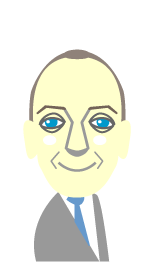
Hello! My name is Simon.
I am from New Zealand, and have been living and teaching English in Japan since 1999.
My hobbies include movies, playing the guitar, gardening and hiking.
※このブログでは英語学習に役立つ情報アドバイスを提供していますが、本ブログで提供された情報及びアドバイスによって起きた問題に関しては一切、当方やライターに責任や義務は発生しません。
※ここでの情報や助言を参考に英文を書いたり下した判断は、すべて読者の責任において行ってください。ここに掲載されている記事内の主張等は、個人の見解であり当社の意見を代弁・代表するものではありません。
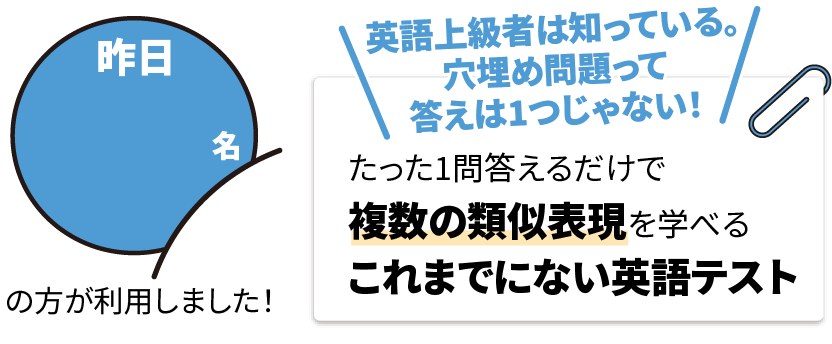


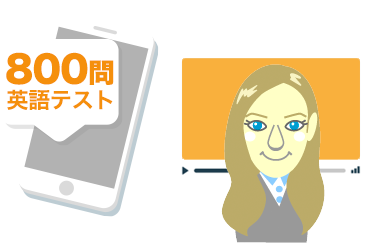

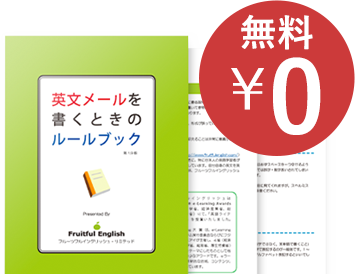
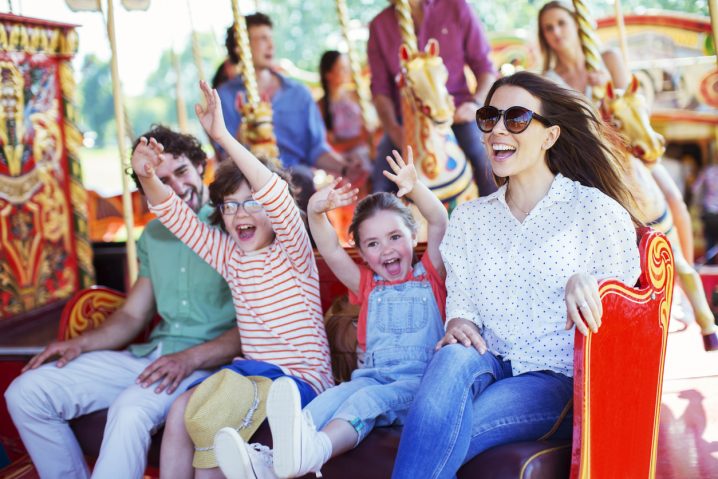

 (1 イイネ!が押されています)
(1 イイネ!が押されています)
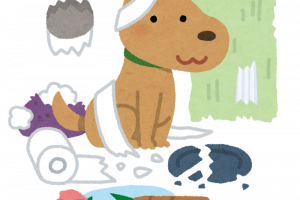
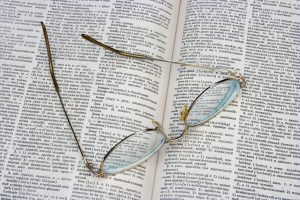
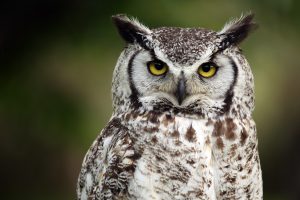


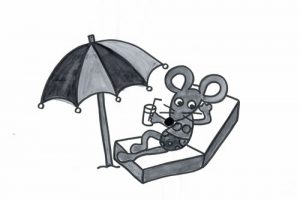




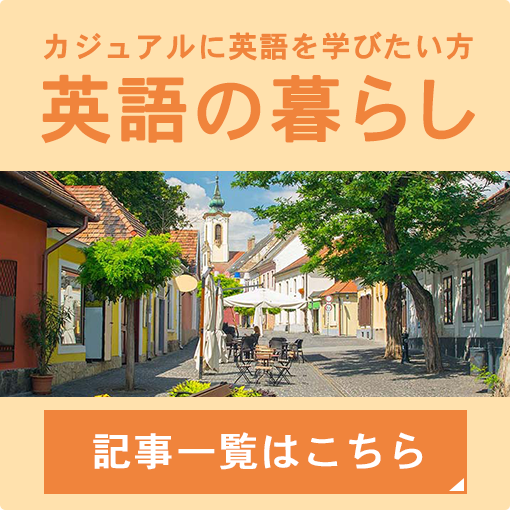

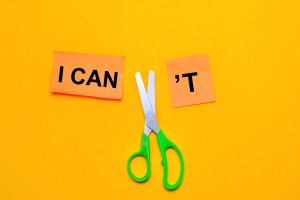


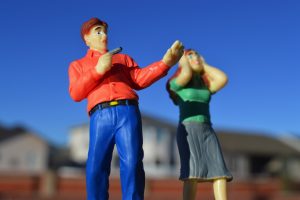
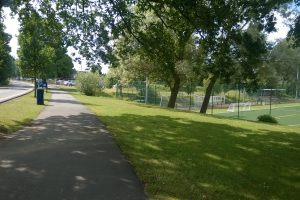

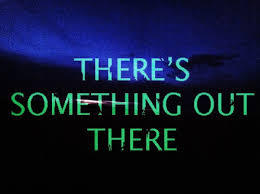




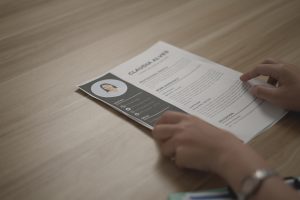



コメントする